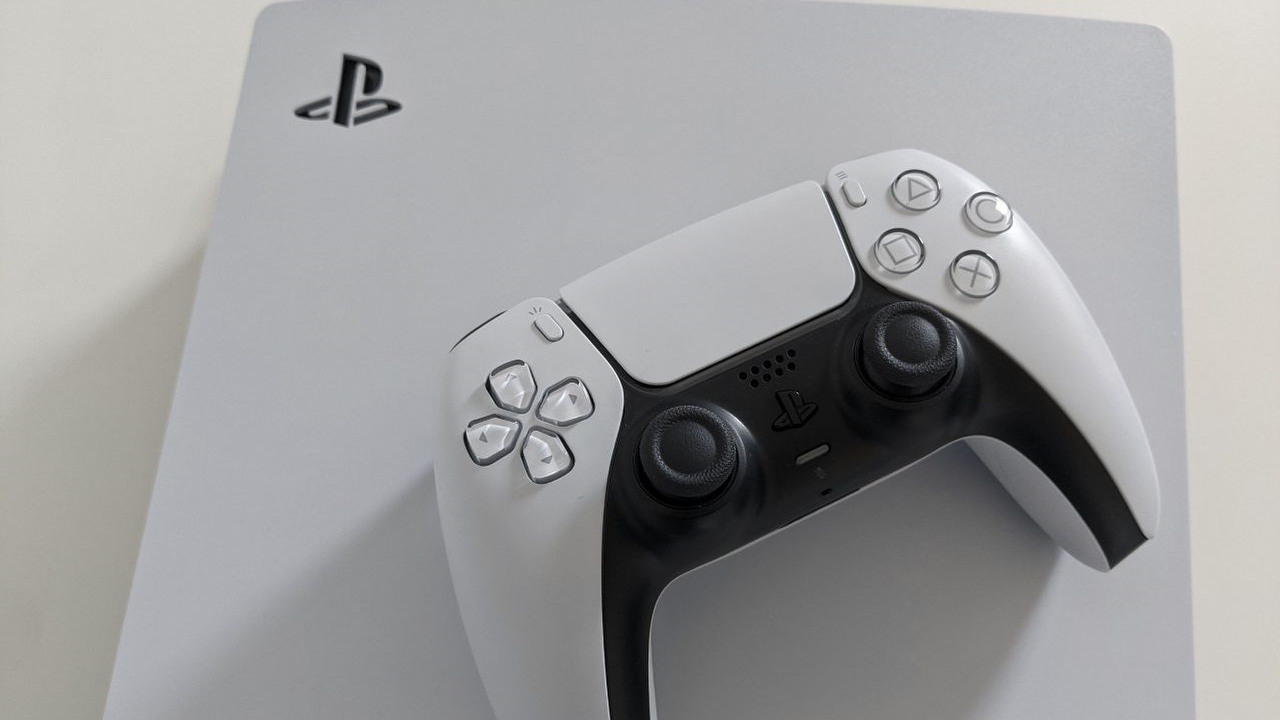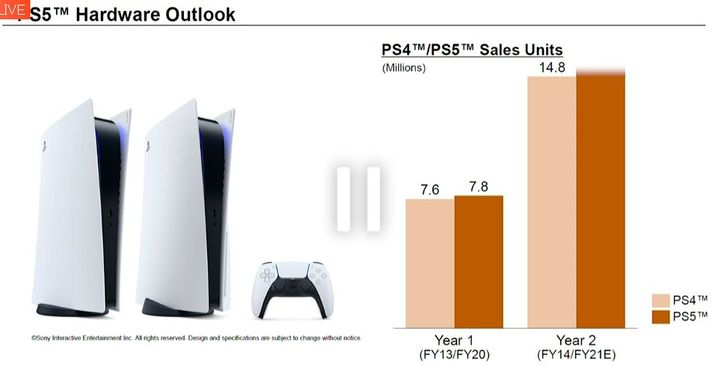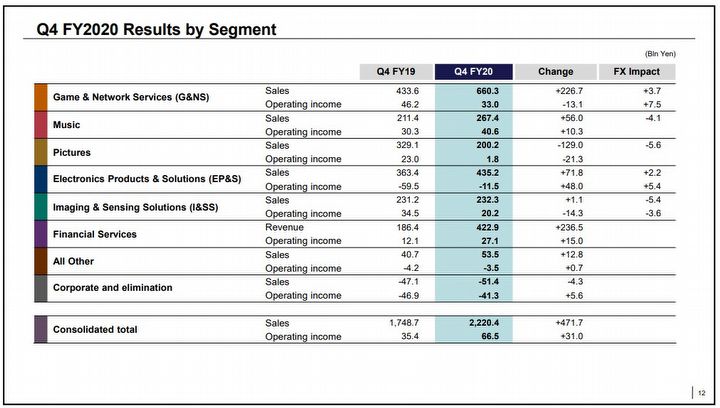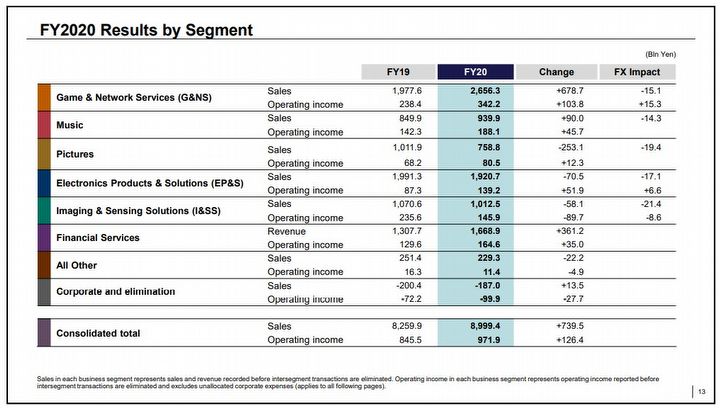PS5 Sells Better Than Sony Anticipated
Sony has released another financial report, which includes information on PlayStation 5 and PlayStation 4 console sales.

IN A NUTSHELL:
- Number of PS5 consoles shipped to stores - 7.8 million (3.3 million in Q1 2021);
- Number of PS4 consoles shipped to stores - 115.9 million (1 million in Q1 2021);
- PS Plus has 47.6 million subscribers (up 6.1 million year-over-year).
Sony boasted its results for the fiscal year that ended on March 31, 2021. The report shows that 7.8 million PlayStation 5 consoles have already been delivered to stores - 200 thousand more than the forecast of the Japanese company (the word "shipped" was used, but given the unflagging interest in the device in question, it is safe to assume that most of the devices have reached customers). In the first quarter of this year alone, distributors received 3.3 million units of Sony's ninth-gen console.
It is also worth noting the great results of Sony's older platform, the PlayStation 4. Over 115.9 million units of this device have already been delivered to stores worldwide (1 million in Q1 2021, 5.7 million over the past year), making it the second most popular desktop platform in the world ever (the first place is taken by the PlayStation 2 with a result of over 155 million copies).
How do the sales of the two platforms compare? According to Daniel Ahmad - senior analyst at Niko Partners - the ninth-generation console is doing 200k better than the PS4 over the same period. He notes that Sony expects this trend to continue in the current financial year, although the new device's sales potential will still be limited by supply issues.

The PlayStation Plus service is also doing decently, with 47.6 million subscribers - up 6.1 million year-over-year. A total of 61.4 million copies of PS4 and PS5 games were sold in the first quarter of 2021, down 3.9 million from a year earlier. 7.9 million of those games were titles developed by Sony's in-house studios (down 1.3 million year-on-year). 79% of sales were digital versions of games.
0
Latest News
- „They get more hate than they deserve.” Josef Fares comes to EA's defense and points the finger at Sony and Nintendo
- They used to ban them, now they make money on them. Rockstar opens Cfx Marketplace with paid and free mods
- „I don't get you guys”. New Tower mode in Diablo 4 divides players
- Euphoria didn't last long. „New” footprint of Prince of Persia: Sands of Time Remake turned out to be a painful return to the past
- „It's crazy that 50% of you are lying.” GTA 6 fans faced a tough choice: half would do it without hesitation



